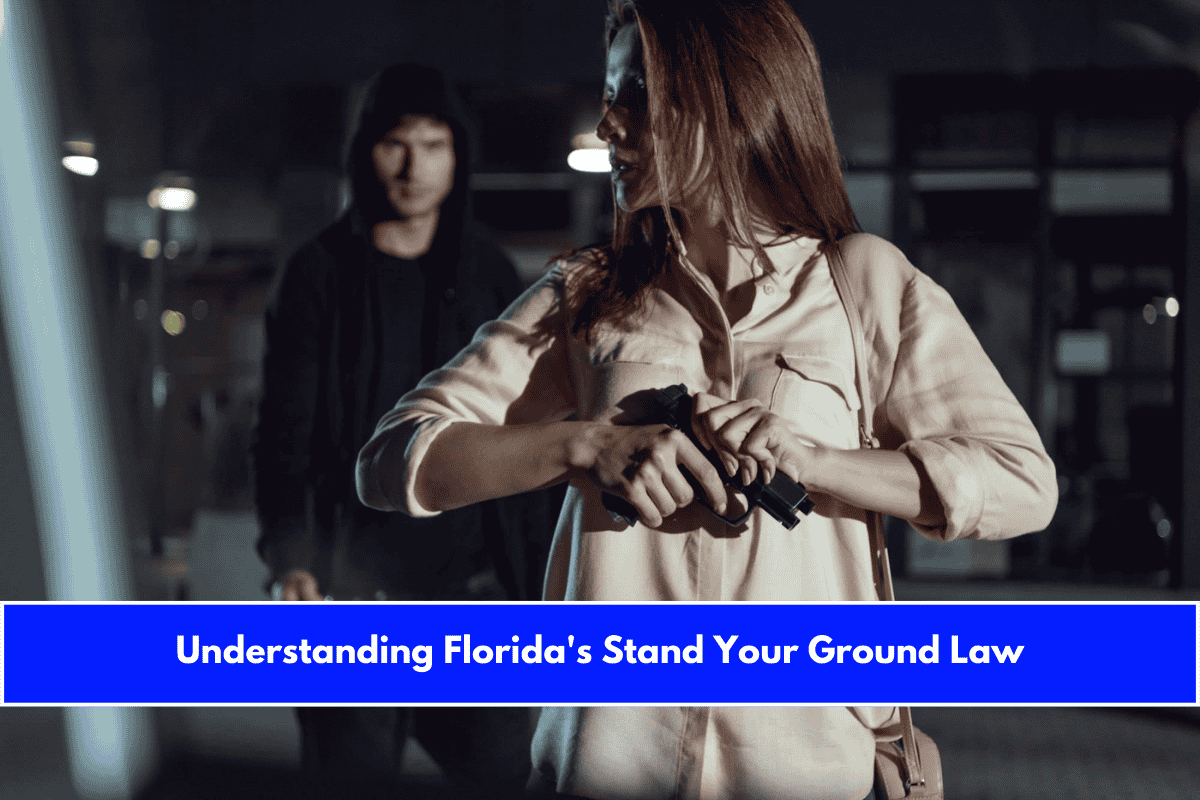Florida’s Stand Your Ground law, enacted in 2005, fundamentally changed the landscape of self-defense rights in the state. It expanded upon the traditional “castle doctrine”—which allows individuals to use force, including deadly force, to defend themselves in their homes—by extending these protections to any place a person is lawfully present.
Key Provisions
No Duty to Retreat: Under Florida Statutes §776.012 and §776.013, individuals have no obligation to retreat before using force if they reasonably believe it is necessary to prevent imminent death, great bodily harm, or the imminent commission of a forcible felony. This applies anywhere the person has a legal right to be, not just their home or vehicle.
Justifiable Use of Force: The law permits both nondeadly and deadly force in self-defense or defense of others, provided the threat is imminent and the response is proportional.
Immunity from Prosecution: If the use of force is deemed justifiable, the person is immune from criminal prosecution and civil lawsuits related to the incident. This immunity covers arrest, detention, and prosecution, unless law enforcement finds probable cause that the force used was unlawful.
Presumption of Reasonable Fear: When someone unlawfully and forcibly enters a dwelling, residence, or occupied vehicle, the law presumes the occupant had a reasonable fear of imminent peril, strengthening the legal defense for those inside.
Burden of Proof
A significant 2017 amendment shifted the burden of proof in Stand Your Ground cases. Now, once a defendant raises a prima facie claim of self-defense immunity, it is the prosecution’s responsibility to prove by “clear and convincing evidence” that the use of force was not justified. This is a higher threshold than the previous requirement, which placed the burden on the defendant.
Limitations and Exceptions
- Unlawful Activity: The law does not protect individuals who are engaged in criminal activity or are unlawfully present at the time force is used.
- Initial Aggressors: Those who provoke violence or are the initial aggressors cannot claim Stand Your Ground protection unless they clearly withdraw from the confrontation and communicate that intent, and the other party continues to use force.
- Law Enforcement: The law does not apply against police officers performing their official duties, provided the officers identify themselves or the person knows they are law enforcement.
Practical Implications and Controversies
Florida’s Stand Your Ground law has been both influential and controversial. Advocates argue it empowers individuals to protect themselves without fear of legal repercussions, while critics point to research linking such laws to increases in firearm homicides and concerns about inconsistent application and potential racial disparities.
High-profile cases, such as the Trayvon Martin shooting, have brought national attention and debate to the law’s real-world impact.
What to Do If Involved in a Self-Defense Incident
- Exercise Caution: Even with legal protections, using deadly force carries significant consequences. Assess each situation carefully.
- Seek Legal Counsel: If you are involved in a self-defense incident, consult a qualified criminal defense attorney immediately to navigate the complexities of the law.
- Stay Informed: Laws and their interpretations can evolve. Keep up to date with any legislative changes or court rulings affecting self-defense rights in Florida.
Florida’s Stand Your Ground law grants broad self-defense rights but comes with strict requirements and significant legal scrutiny. Understanding its provisions, limitations, and the current legal landscape is essential for anyone living in or visiting the state.
Sources:
- https://en.wikipedia.org/wiki/Stand-your-ground_law
- https://www.robertmalovelaw.com/library/florida-self-defense-law.cfm
- https://www.robertmalovelaw.com/blog/florida-stand-your-ground-law-recent-changes.cfm
- http://www.husseinandwebber.com/case-work/criminal-defense-articles/floridas-stand-ground-law/
- https://www.pallegarlawfirm.com/articles/changes-to-floridas-stand-your-ground-law/











Leave a Reply